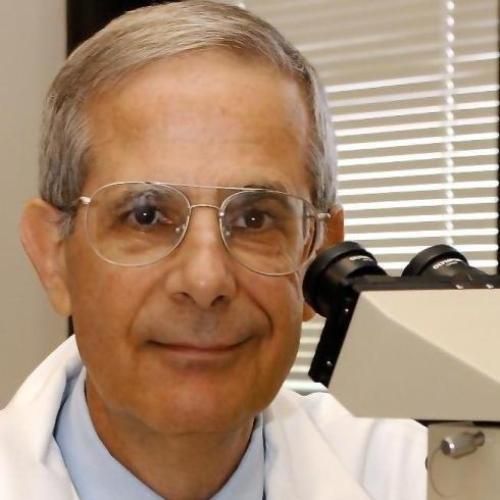
Genetic polymorphisms associated with priapism in sickle cell disease.
Priapism occurs in 30-45% of male patients with sickle cell disease (SCD), but the possible influence of genetic risk factors on the incidence of priapism is not well understood. We examined genetic polymorphisms in 199 unrelated, adult (>18 years), male patients with Hb SS and Hb Sbeta(0)-thalassaemia, 83 (42%) of whom reported a history of priapism. Candidate genes for association with priapism were identified based on their involvement in adhesion, coagulation, inflammation and cell signalling. Additionally, we examined genes involved in nitric oxide biology (NOS2, NOS3, SLC4A1), as well as polymorphisms in the klotho (KL) gene, which has previously been associated with priapism. Strong evidence of association was found for single nucleotide polymorphisms in transforming growth factor-beta receptor, type III (TGFBR3) (rs7526590; P = 0.00058), aquaporin (AQP1) (rs10244884; P = 0.00068), integrin alphav (ITGAV) (rs3768780; P = 0.00090), and the A1 subunit of coagulation factor XIII (F13A1) (hcv1860621; P = 0.00156). Associations with TGFBR3, AQP1, and ITGAV remained significant after adjusting for multiple testing, using the Benjamini-Hochberg procedure. Our data suggest that genes involved in the TGFbeta pathway, coagulation, cell adhesion and cell hydration pathways may be important in risk for priapism.
Duke Scholars
Published In
DOI
ISSN
Publication Date
Volume
Issue
Start / End Page
Location
Related Subject Headings
- Thalassemia
- Receptors, Transforming Growth Factor beta
- Proteoglycans
- Priapism
- Polymorphism, Single Nucleotide
- Nitric Oxide
- Male
- Integrin alphaV
- Immunology
- Humans
Citation

Published In
DOI
ISSN
Publication Date
Volume
Issue
Start / End Page
Location
Related Subject Headings
- Thalassemia
- Receptors, Transforming Growth Factor beta
- Proteoglycans
- Priapism
- Polymorphism, Single Nucleotide
- Nitric Oxide
- Male
- Integrin alphaV
- Immunology
- Humans





